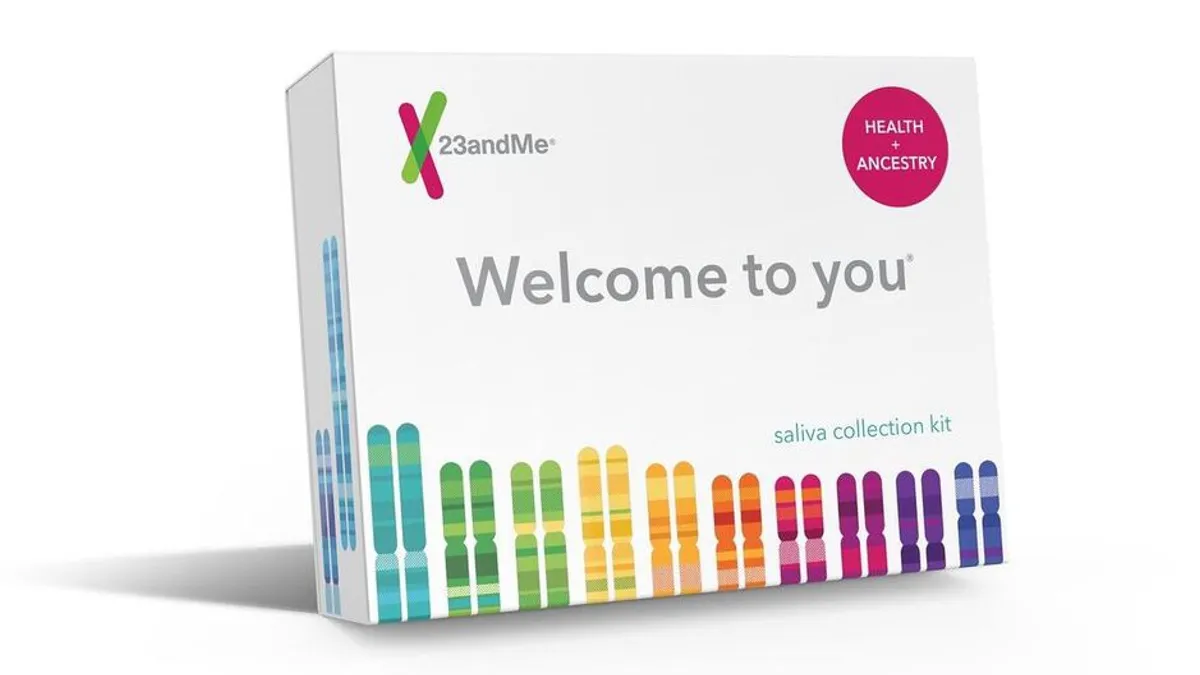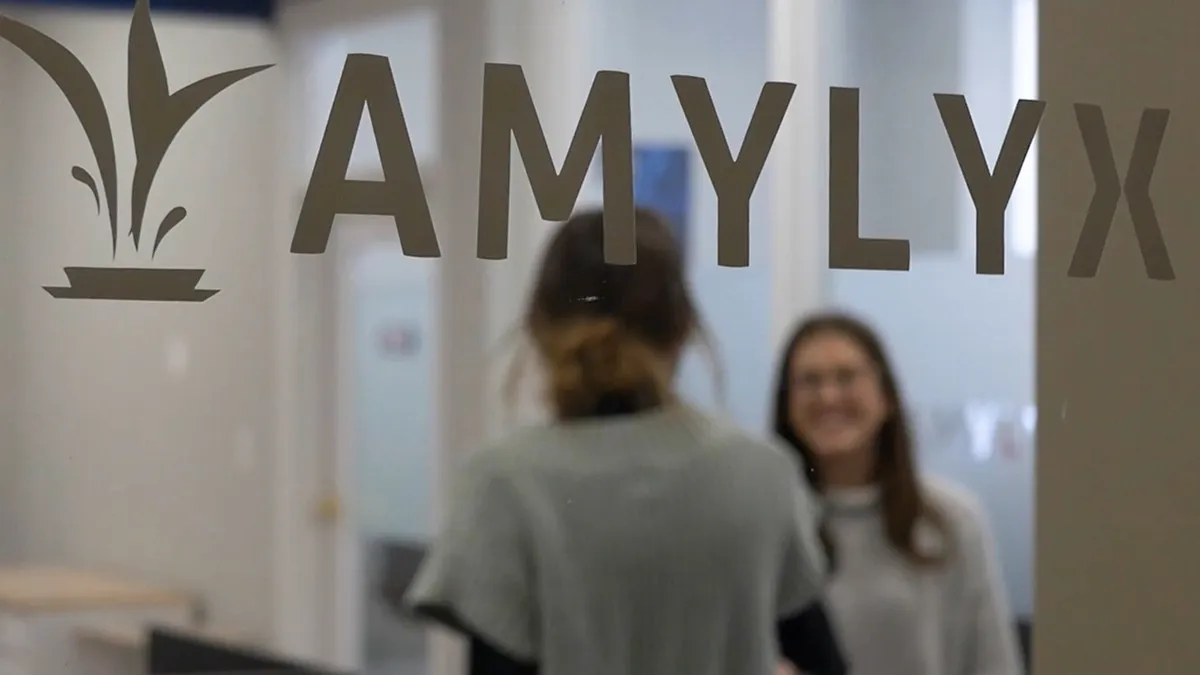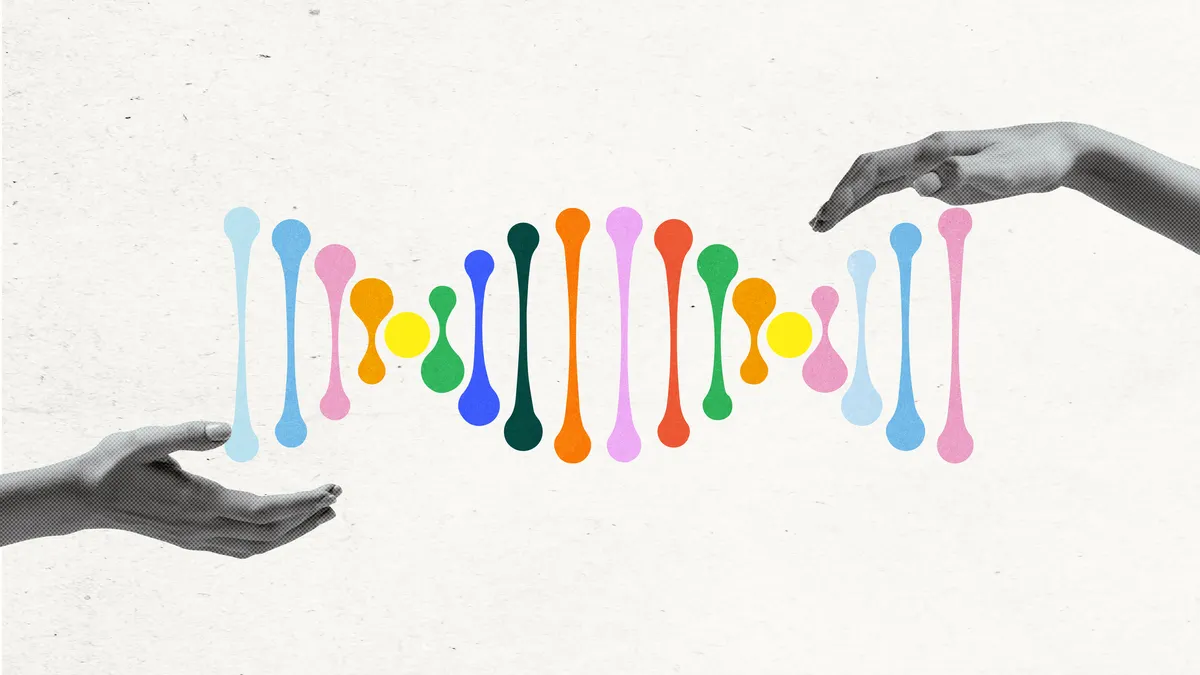With more than 40 drug discovery and validation programs underway as part of a multi-year agreement with GlaxoSmithKline, 23andMe recently fulfilled one of its foundational aspirations: to identify and organically develop a wholly-owned drug based on insights derived from its vast genetics database. The company’s first compound, 23ME-00610, is an immuno-oncology target for the treatment of locally advanced or metastatic solid tumors. It’s one part of a much larger drug discovery program that spans a spectrum of disease areas, including oncology, immunology, respiratory and cardiometabolic diseases.
“When we started our Therapeutics group, our goal was to find new medicines validated by human genetics for people with serious unmet medical needs,” Anne Wojcicki, CEO and co-founder, 23andMe, said in a company statement. “That’s why we’re excited to move 23ME-00610 into the clinic to potentially help people with cancer who are in need of new treatment options.”
The differentiator is the consumer genetics and research company’s analytical approach, which it calls “immuno-oncology (I/O) genetic signature” that allows researchers to identify evidence for genetic variants that increase immune function while decreasing cancer risk. This approach led to 23ME-00610, a high-affinity humanized monoclonal antibody.
In early January, the company announced that it has launched a phase 1 dosing trial for 23ME-00610 that will evaluate its safety and tolerability in patients with locally advanced or metastatic solid tumors. It’s the first of what the company hopes will be many clinical trials down the line.
According to 23andMe, its genetic database allows scientists to identify immune-related genes that are expected to have an impact on cancer biology. Specifically, scientists look for germline genetics that can reveal which of the immune-related genes harbor genetic variants that also alter an individual’s predisposition for developing cancer.
Recently, PharmaVoice spoke with Dr. Jennifer Low, head of therapeutics development at 23andMe, where she oversees the transition of potential therapeutics from its research laboratories into clinical development studies.
PharmaVoice: Why is moving 23ME-00610 into clinical trials a game changer?
Jennifer Low: Nobody has the quantity of data that we have. We are able to make connections between disease and genetics in ways that nobody has been able to do before. Our approach to drug discovery is driven by human genetics and based on our incredibly large database from which to select targets we can advance more efficiently. We have access to approximately 12 million customers, 80% of whom consent to participate in research, along with more than 4 billion health survey answers.
The company recently noted that it has the potential for a higher probability of success than traditional drug discovery methods currently allow. Can you explain?
What makes us different is our ability to conduct genotyping from the genetic information we have collected from the people who engage with us combined with the unique power we have to analyze this information against our vast database, which strengthens our ability to build better drugs. Like other oncology companies, we understand the value of the data. But other companies don't have the database of 23andMe. We are not doing things the way that has been done in the past. We're continuing to make improvements, and we're going to change drug development.
How does the therapeutics group fit into the overall strategy of the company?
The Therapeutics group was formed in April of 2015, and since the founding of the company we have wanted to not only help people access and understand their own genetic data, but we want to make sure they benefit from this knowledge. One of the ways that we believe people should benefit is by contributing to research that can create therapeutic insights that might lead to medicines that could potentially treat serious diseases.
In July 2018, 23andMe joined forces with GSK to increase the probability of success in drug development by prioritizing candidates validated by human genetics. In January 2022 this partnership was extended to July 2023. What experience did you gain from working with GSK?
The collaboration with GSK has led to over 40 programs being initiated, which will be maturing at different rates.
The GSK collaboration has been incredibly helpful, giving us a period of time to concentrate on our own growth and build our infrastructure, while still being able to advance a substantive pipeline.
I’ve been here three years, and we have worked hard to get to this point. It’s also been incredibly exciting because you don't often have the opportunity to be on the ground floor and be part of building an organization to do the things the way we want to do them.



















